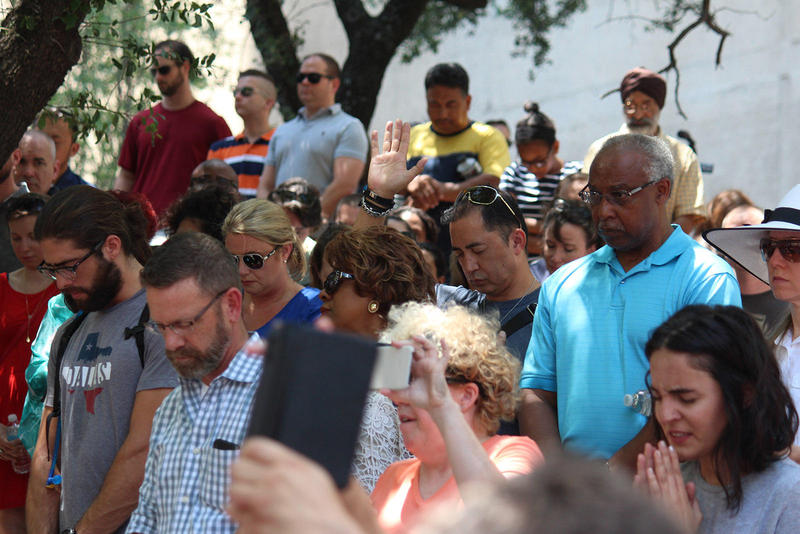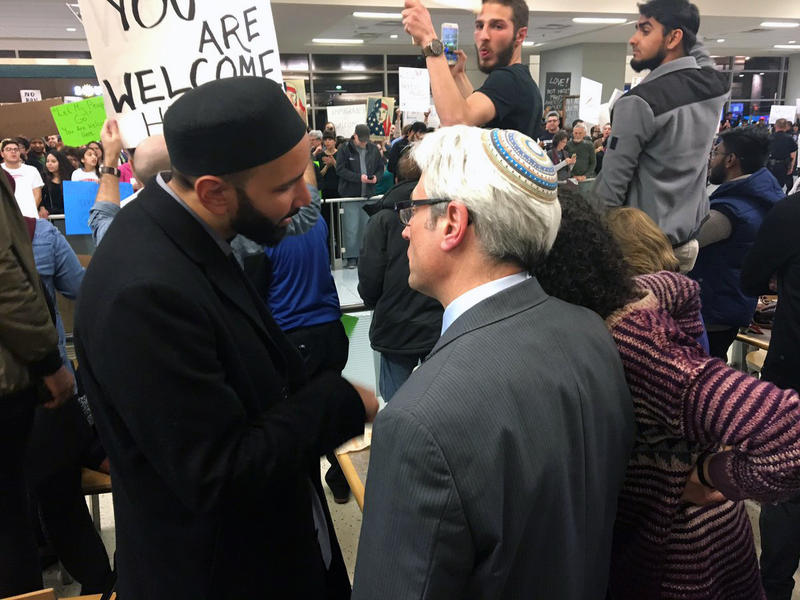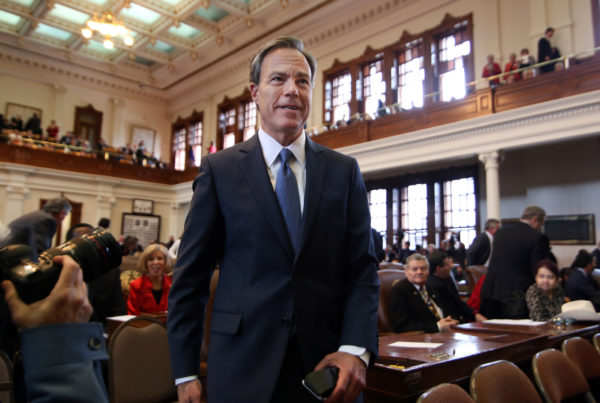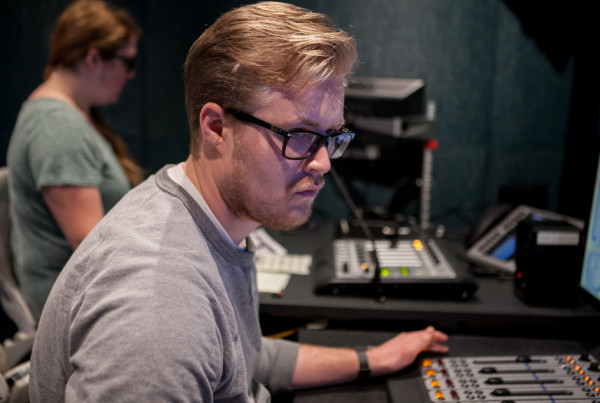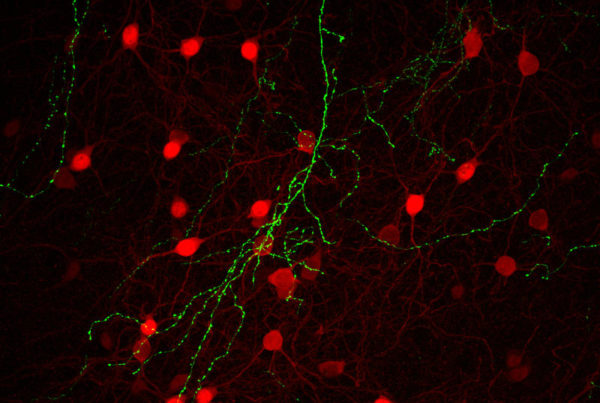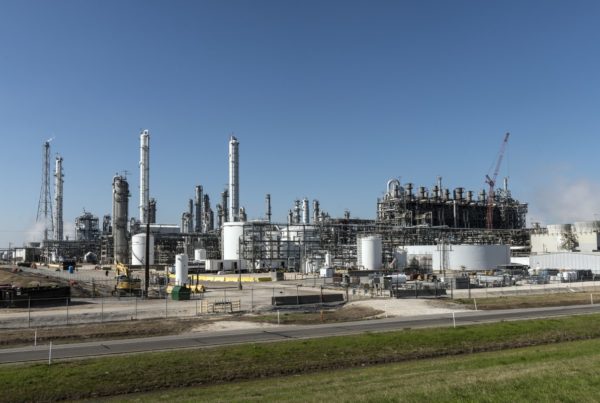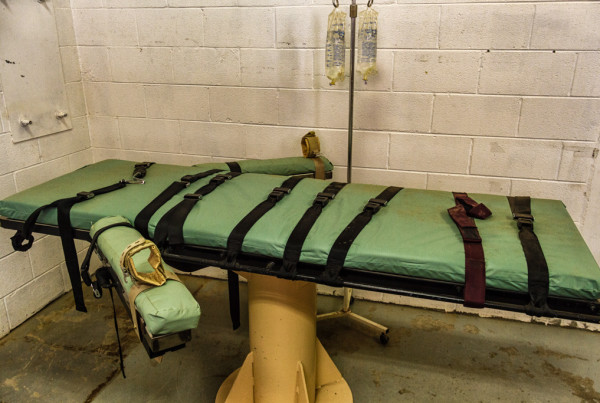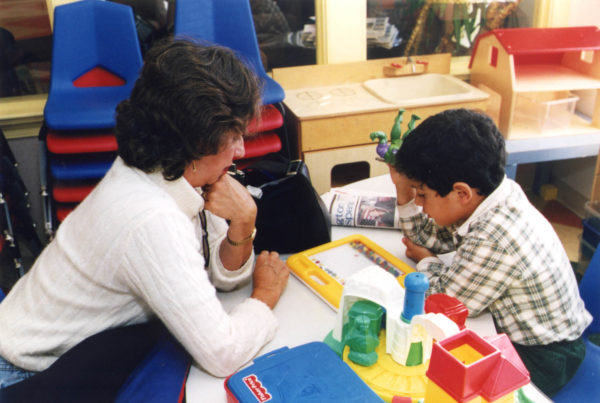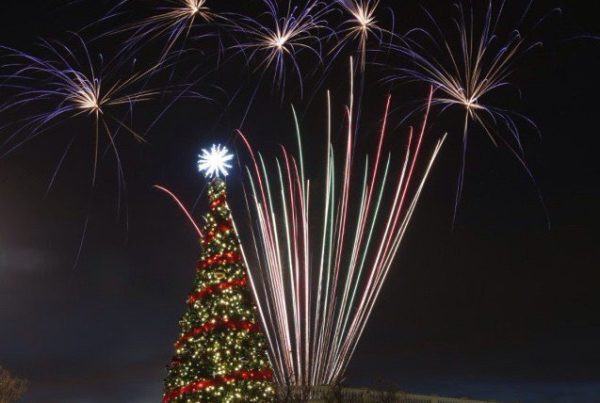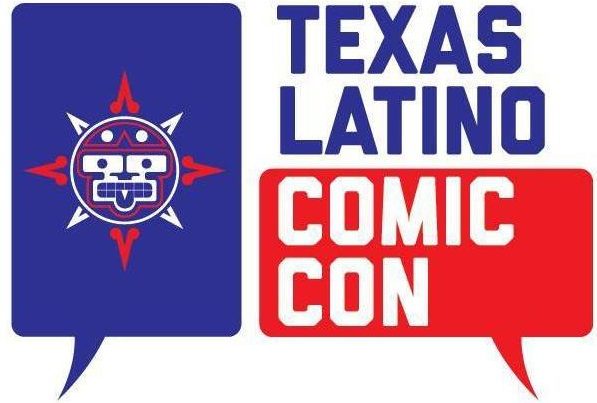From KERA:
A string of recent incidents, from bomb threats at Jewish community centers to armed protests in front of mosques to shootings of unarmed black men, has gotten a group of faith leaders in North Texas to take action.
They’re working to start conversations and build understanding between different faiths across Dallas-Fort Worth.
A rabbi, an imam and a pastor walk into a meeting room.
They’ve formed a group called Faith Forward Dallas. It’s a multi-faith coalition born out of the idea that when one person is in pain, everybody is.
The faith leaders have been meeting a lot lately. Amid high-profile hate crimes across the country, their meetings have taken on a greater sense of urgency.
Imam Omar Suleiman, a resident scholar at Valley Ranch Islamic Center, helped form the group.
“When any community is targeted, they need to see a united faith voice — that all communities come together and express complete rejection of anything that would pit our society against one another more than it already is,” he said.
Faith Forward Dallas was established in 2015 after armed protestors took to local mosques across north Texas, and two gunmen opened fire in Garland outside an anti-Islam cartoon contest.
The incident raised a lot of questions about Islam and served as a wake-up call to faith leaders in North Texas: When it comes to faith, people often don’t understand each other.
To help build that understanding, Suleiman and organizers of Faith Forward Dallas are getting people together, hosting interfaith conversations across north Texas – like one held earlier this spring at UT-Arlington.
Pastor Michael Waters of Joy Tabernacle AME Church in Dallas spoke to a room filled with students and faculty. He reflected on the 2015 mass shooting at a historically black church in Charleston, South Carolina. He said people were courageous to continue worshipping at the church.
“That is our greatest gift to the world — that even after great tragedy, great hope can arise, if you are willing to work and find it for the equality of all people,” he says.
Organizers say this dialogue allows people to draw strength from one another, instead of ignoring each other, or worse, resorting to violence.
Waters said north Texas is diverse, but that doesn’t mean people have to be divided. He said these discussions show there can be unity in Dallas-Fort Worth – if people make an effort to come together.
“This is north Texas,” he says. “We are a representation of the plurality that is here and that only those who draw only to persons who are just like themselves are the ones who miss out on this reality.”
Rabbi Nancy Kasten with Temple Emanu-El in Dallas serves as a co-chair of Faith Forward. She said hate comes from fear of what we don’t know, and that we have to step outside our comfort zones – not just to learn about others, but to support people from other faiths.
“We will have to address not just our anger but our fear and that standing up is something that comes with that risk, and addressing the fear in a way that we never had to experience before,” she says.
Like in January, when President Trump issued an executive order that banned travelfrom seven Muslim-majority countries. Hundreds turned out to protest at Dallas-Fort Worth International Airport.
The rabbi, the imam and the pastor joined them.
Rabbi Kasten said her faith called her to the airport; she said she wanted to combat fear and distrust.
“The most dangerous effect of these threats is that we will start to think that we need to protect ourselves at the expense of protecting others,” she says.
Faith Forward leaders also joined forces following last summer’s deadly police shootings in downtown Dallas. They took part in an interfaith prayer vigil.
And this spring, they participated in a vigil for Jordan Edwards, the unarmed black 15-year-old who was shot and killed by a white police officer in Balch Springs.
Whether at a vigil, an airport protest or a community event, Kasten and other Faith Forward leaders say their group is needed now more than ever.


